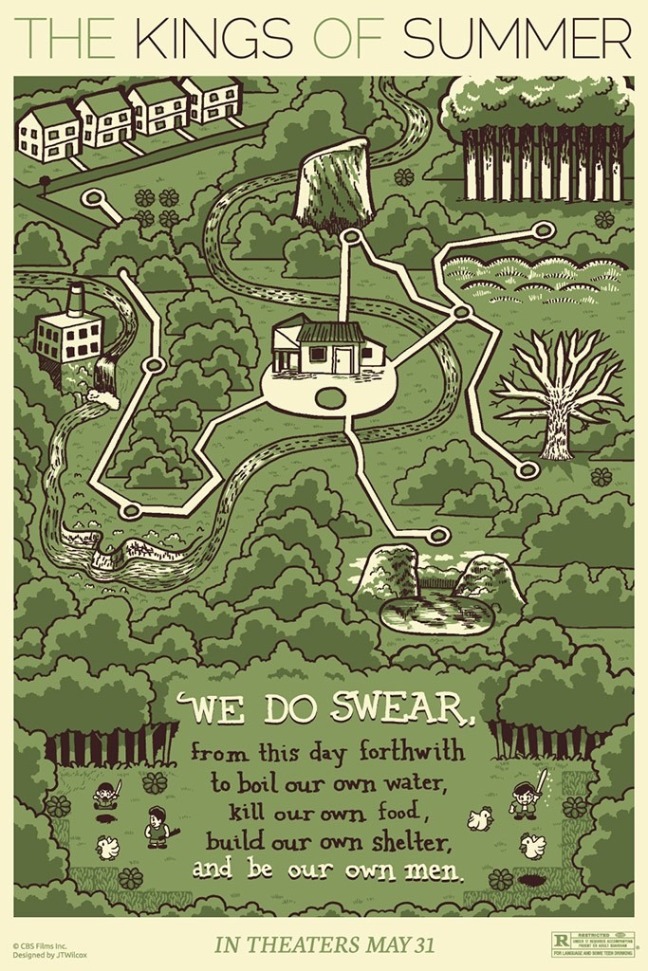
Great horror movies have been built around the idea that the person you spend the rest of your life with is a monster. Rosemary’s husband worked with the devil, and Jack Manningham gave us the psychological term “gaslighting.” These stories prey on that insecurity that deep down the person sleeping next to you isn’t who they appear to be.
It’s the element that makes “Honeymoon” so successful. As Bea (Rose Leslie, TV’s Game of Thrones) and Paul (Harry Treadaway, currently on TV’s Penny Dreadful) travel to Bea’s remote family cabin for their honeymoon they seem to be basking in post-marital bliss. But after Paul finds Bea wandering and disoriented in the middle of the night, he begins to wonder if something more than sleepwalking happened in the woods.
“Honeymoon” is peculiar, in that it seems to do too much telling, yet also not enough. Lights pass over them as they sleep, power flickers in and out, a rustling in the woods. I wish that first-time director Leigh Janiak had held back a bit more of the clues along the way as to what happened on that fateful night. Its developments of “The Body Snatchers” formula keep it engaging and gripping throughout, but it would’ve better served the secondary job of the film: penetrating the metamorphosis that so many people fear in marriage. But it’s nothing that can’t be chalked up to inexperience, since the movie barely needs the later horror developments at all. Suspense permeates the narrative, and even at its slowest the plot builds somewhere you can’t quite expect.
While you’re not certain you know exactly what happened, there’s enough (too much) telling being done to give you a pretty good idea. That’s where Leslie and Treadaway come in. Their performances manage to communicate the challenging reality of their situation in what is basically a two-person show. Leslie in particular, who deals with both the more demanding physically challenging moments, skillfully portrays the subtle and overt changes in Bea.
Like most thrillers the ending of “Honeymoon” might not please anyone. As a fan of thrillers (we’re talking watching even the crappy ones on cable just to get a fix) I know I was prepared to be disappointed, and like I said there’s certainly room for Janiak to grow. It’s kept vague enough to linger in the minds of audiences but overall it feels a bit rushed. It doesn’t fully satisfy the premise, but it’s more than enough newlywed nightmare to last me until “Gone Girl.”








